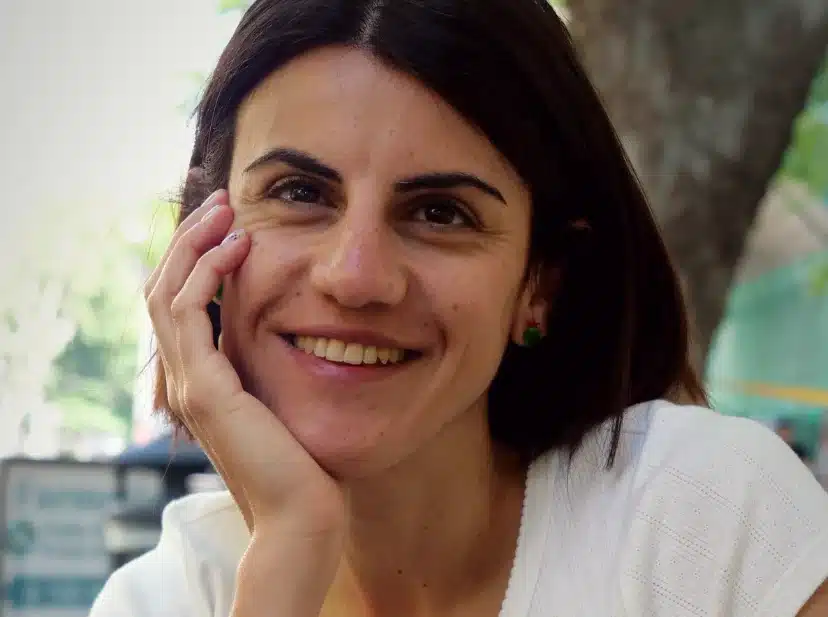If you’re learning Italian, you’ve probably heard the words basta, abbastanza, or mi basta. They look and sound similar, but they actually have different meanings and uses.
1. What Does “Basta” Mean in Italian?
The word “basta!” means “enough!” or “stop!” It’s a strong word and often used as an exclamation. It’s invariable, which means it does not change form, regardless of gender or number.
Examples:
- Basta con questo rumore! — Enough with this noise!
- Basta parlare ad alta voce! — Stop speaking so loudly!
- Basta! — Enough!
Tip: Your tone of voice changes the meaning. If you yell it, it can sound angry. But if you say it calmly, it just means “that’s enough.”
Sometimes we can attach an additional phrase to basta, like this:
Using “Basta così” at the market or restaurant
When shopping or ordering food in Italy, you might hear or use the phrase basta così. It means that’s all or I don’t need anything else.
Examples:
- Vuole altro, Signora? (Would you like anything else, Ma’am?)
- No, basta così, grazie. (No, that’s all, thank you.)
2. What Does “Mi Basta” or “Mi Bastano” Mean?
(A little more advanced — feel free to skip this if you’re just starting!)
The phrase “mi basta” comes from the verb bastare, which can be a bit tricky. It works like the verbs piacere (to like) and mancare (to miss) in terms of conjugation (using the indirect pronouns) and sentence structure. It means “it’s enough for me” or “it’s sufficient for me.”
- Mi basta = it’s enough for me / it’s sufficient for me (used with singular nouns)
- Mi bastano = they’re enough for me / they’re sufficient for me (used with plural nouns)
Here’s how it works with different pronouns:

Examples:
- Mi bastano 6 ore di sonno. — Six hours of sleep is enough for me.
- Ti basta questo formaggio? — Is this cheese enough for you?
- Questo mi basta. — This is enough for me.
- Ci basta questo pane. — This bread is enough for us.
Note: Sometimes, you’ll see basta or bastano used without a pronoun like mi or ti.
In these cases, the verb simply means “it’s enough” or “they’re enough,” and the person it refers to is either general or understood from context.
Examples:
- Basta studiare un poco ogni giorno per migliorare . — Studying a little every day is enough to improve.
- Bastano pochi minuti. — A few minutes are enough.
3. How to Use “Abbastanza” in Italian
Abbastanza means “enough” or “quite” depending on where it appears in a sentence.
After a verb = enough
- Stanotte non ho dormito abbastanza. — I didn’t sleep enough last night.
- Hai abbastanza soldi? — Do you have enough money?
Before an adjective = quite / pretty
- Questa casa è abbastanza nuova. — This house is quite new.
- Questo libro è abbastanza vecchio. — This book is pretty old.
Note: Abbastanza never changes — it’s always the same form.
? In short
Basta means enough! or stop! and is used as a strong exclamation.
Mi basta means it’s enough for me and follows the same structure as piacere.
Abbastanza means enough or quite and is used to describe quantity or degree.
Quick Practice







